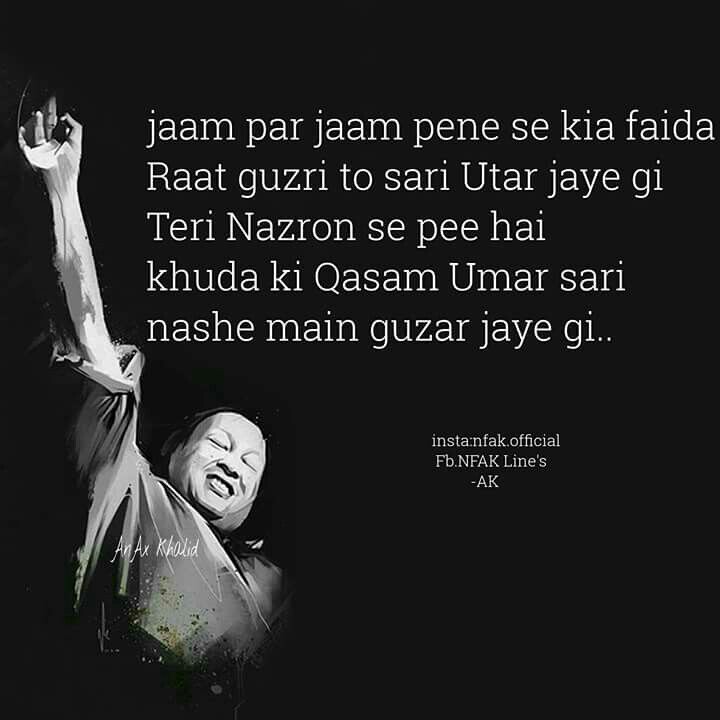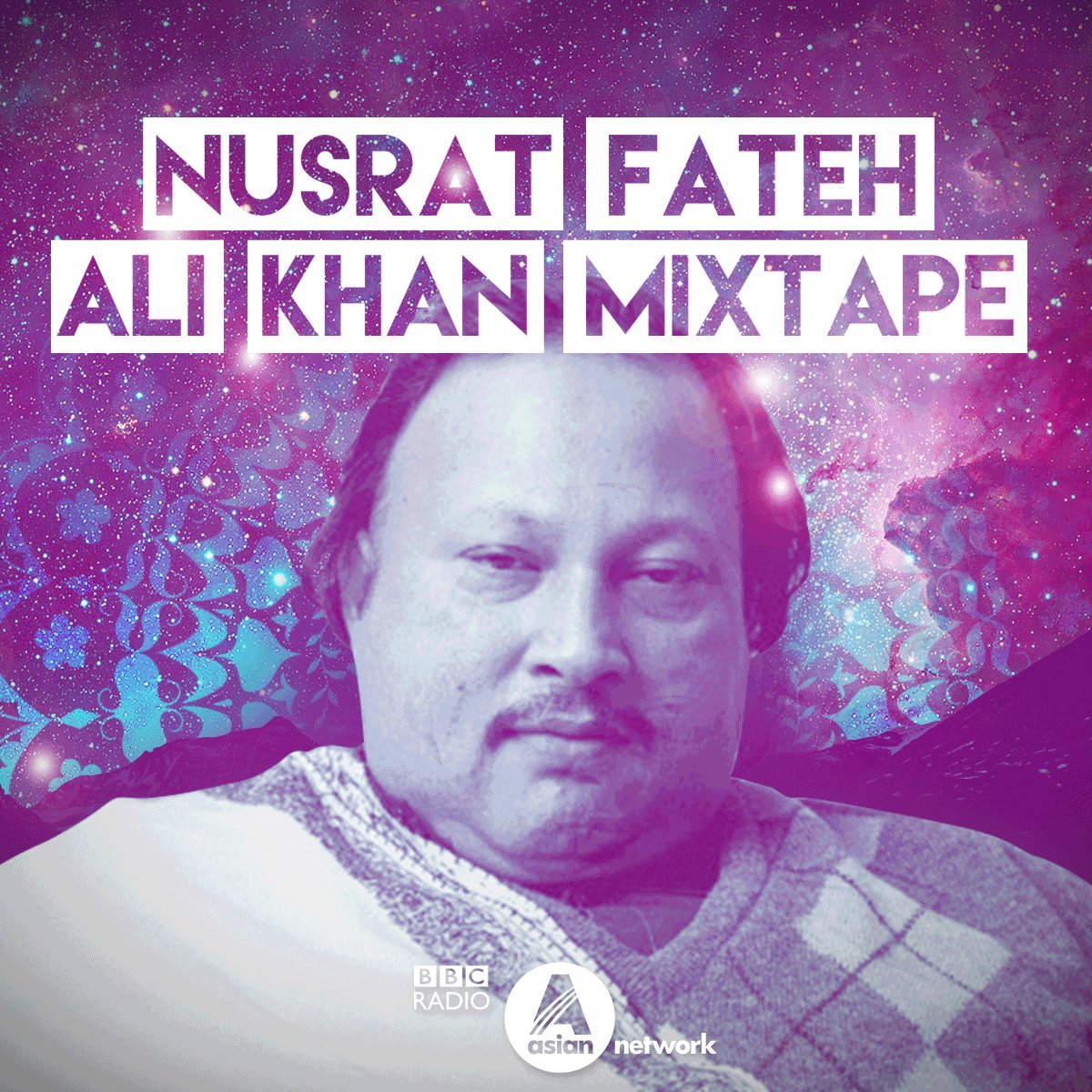

In order to discern the conditions of significance, semiotics reconstructs the relation between text and context of interpretation on the ground of structural pertinences. Nusrat's life and his artistic vicissitudes show the postmodern destiny of Qawwali as a religious kind of music that apparently went through a process of desacralization and profanation as a result of multiple interpretations by different audiences. It also travelled through time, transforming the traditional style of the ancient chanted poetry into new forms of musical expression. Inspired by mystic spirituality, Nusrat's music travelled through the East and the West, absorbing some of the features of the musical cultures with which it came in contact. This Muslim devotional music, which is prominent in South Asia, has been developed since the fourteenth century by the Sufi circles of the Chishti brotherhood in order to preach and communicate the teachings of the saints. Nusrat Fateh Ali Khan was a foremost singer of Qawwali. He started his career by singing at the age of 13, after the death of his father in 1964, Qawwal extraordinaire Nusrat Fateh Ali Khan has never had to look back. He is prevalently branded as “Shahenshah-e-Qawwali”, signifying “The King of Kings of Qawwali”.

Amplifying the 600-year old Qawwali convention of his family, Khan is generally attributed with acquainting Qawwali music with worldwide groups of onlookers.

Nusrat Fateh Ali Khan was a Pakistani legend Qawwal and a musician, the reverential music of the Sufis.


 0 kommentar(er)
0 kommentar(er)
